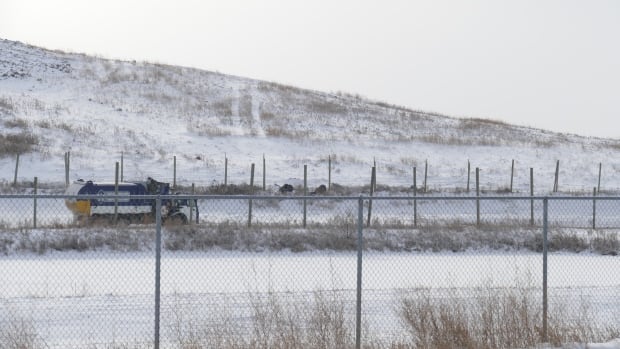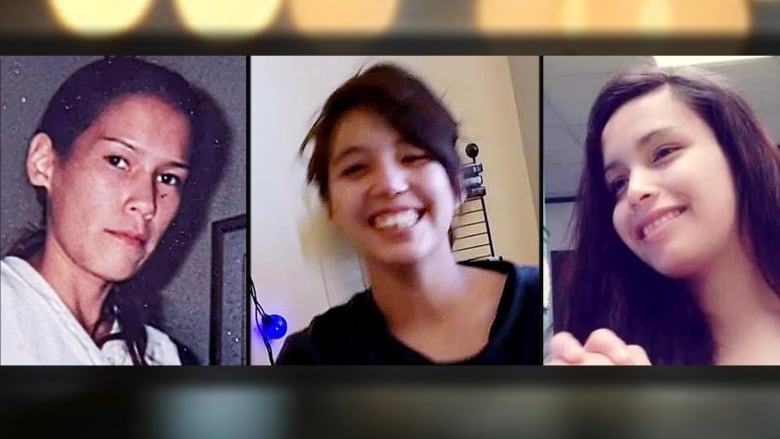
The Manitoba government says searching Prairie Green landfill for the remains of two Indigenous women isn’t worth the risk to Manitoba workers’ health and safety, since there is no guarantee the search would be successful.
Indigenous leaders and the families of Morgan Harris and Marcedes Myran have called for a search of the landfill, just north of Winnipeg, where police have said they believe the remains of the two women were dumped. Police allege they were among four women all killed by the same man.
However, the province said Wednesday it would not support such a search, based on a feasibility study released earlier this year into a possible search of the landfill.
“We understand the desire to leave no stone unturned,” said a statement attributed to Manitoba Premier Heather Stefanson and Indigenous Reconciliation and Northern Relations Minister Elieen Clarke.
“However, the search process described in the report is complex, and comes with long-term human health and safety concerns that simply cannot be ignored.”

Some of the key results of the report, prepared by a committee formed to study whether a landfill search would be feasible, were released in May, and the full 55-page report was later leaked online.
It outlined a plan to hire more than 40 staff, including managers, elders and knowledge keepers, a forensic anthropologist and as many as 28 technicians to conduct the search for Harris and Myran.
It also outlined concerns about health and safety, recommending on-site hazardous materials teams to monitor air quality, act as safety officers and perform decontamination of personnel who work closely with evacuated materials.
The report said a search could cost up to $184 million and take up to three years.
However, it concluded that a canvass of the Prairie Green landfill was feasible, and that not conducting a search could cause considerable distress to the victims’ family members and Indigenous communities across the country.
But the province’s Wednesday statement said it “cannot knowingly risk Manitoba workers’ health and safety for a search without a guarantee” of finding the women’s remains.
The statement cited the report, saying the “emotional costs associated with conducting a search and not recovering remains must be considered, as should the emotional costs associated with potential delays and the duration of a search.”
Following the release of the key details of the feasibility study, the family of Morgan Harris said they hoped the federal, provincial and municipal governments would support a search.
The families of Harris and Myran have said finding their remains is vital to bringing closure.
Winnipeg police allege the two women were killed by Jeremy Skibicki, who has been charged with first-degree murder in their deaths, as well as the deaths of Rebecca Contois and a fourth woman who has not been identified, but who has been given the name Mashkode Bizhiki’ikwe, or Buffalo Woman.
While the province would not support a search of the landfill, it is prepared to support a memorial for Myran and Harris, the statement said.
It also said the province has offered supports to the victims’ families to help them with their healing process, and is continuing to “address the many sources of violence against Indigenous women and girls.”
The province said it is awaiting the federal government’s response to the study, which is currently being reviewed by Crown-Indigenous Relations Minister Marc Miller.